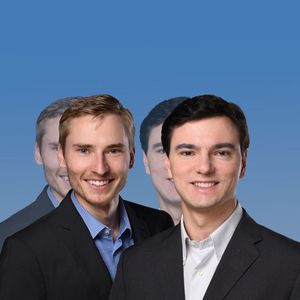Econometric analysis in Economics of Science and Innovation often requires control groups. These control groups need to have similar observable characteristics to a sample of researchers of interest. There are specific methodologies and tools to assist Econometricians in the matching exercise. However, the identification of such a population often constitutes a daunting data effort, which may turn impossible for samples of scientists spanning multiple fields, institutions, or countries. The python package sosia – Italian for Doppelgänger – intends to simplify and automate the search for comparable researchers in the Scopus database.
See the publication by
Michael E. Rose and Stefano H. Baruffaldi
Finding Doppelgängers in Scopus: How to Build Scientists Control Groups Using Sosia
Max Planck Institute for Innovation & Competition Research Paper No. 20-20

